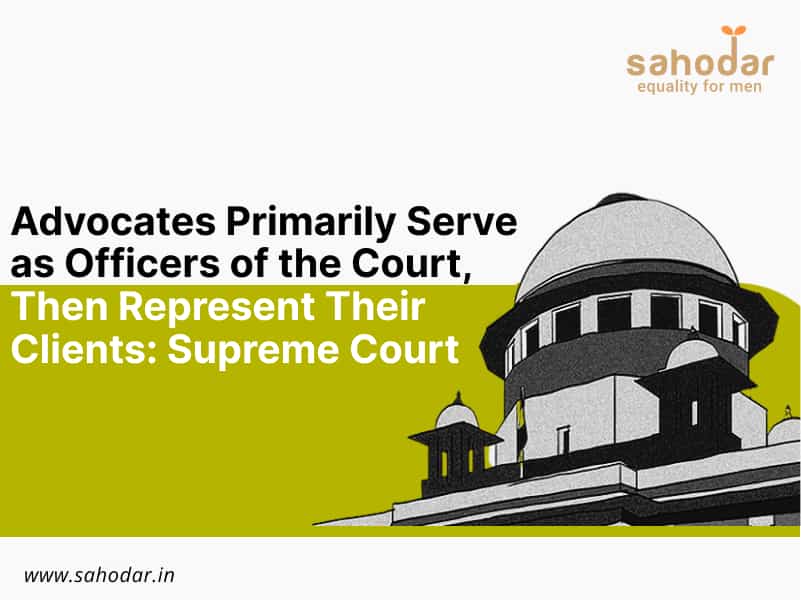In the Indian legal system, the concept of advocates serving as officers of the court is deeply ingrained and holds significant legal importance. The recent affirmation of this principle by the Supreme Court serves to elucidate and reinforce various legal aspects associated with the role of advocates in the administration of justice.
Here’s a breakdown of the legal details related to this topic:
Advocates Act, 1961
The Advocates Act, 1961, governs the legal profession in India and outlines the rights, duties, and responsibilities of advocates. Section 29 of the Act empowers advocates to appear before any court, tribunal, or authority in India, thereby recognizing their pivotal role in the judicial process.
Code of Ethics
The legal profession is guided by a code of ethics that advocates must adhere to in their practice. The Bar Council of India (BCI) lays down rules and standards of professional conduct and etiquette for advocates through the Rules on Standards of Professional Conduct and Etiquette. These rules emphasize the duty of advocates to uphold the dignity of the legal profession and the administration of justice.
Advocate as Officers of the Court
The concept of advocates serving as officers of the courts highlights their dual role in the legal system. As officers of the court, advocates are duty-bound to assist the court in the administration of justice. This duty takes precedence over their obligations to their clients and requires advocates to act with honesty, integrity, and impartiality.
Duty to the Court vs. Duty to the Client
The Supreme Court’s pronouncement reinforces the principle that advocates’ allegiance to the court supersedes their loyalty to their clients. While advocates are obligated to represent their clients’ interests zealously, this duty is subordinate to their overarching duty as officers of the court. Advocates must balance their duty to advance their clients’ cases with their duty to ensure the fair and just administration of law.
Impartiality and Fairness
Advocates are required to maintain impartiality and fairness in their dealings with the court and opposing parties. This includes presenting arguments truthfully and transparently, disclosing all relevant facts, and refraining from engaging in any conduct that may undermine the integrity of legal proceedings.
Consequences of Violating Ethical Standards
Advocates who fail to uphold ethical standards and breach their duty as officers of the court may face disciplinary action. The Bar Councils have the authority to investigate complaints of professional misconduct against advocates and impose penalties, including suspension or removal from the rolls of advocates.
Legal Education and Professional Training
Legal education institutions and bar associations play a crucial role in instilling ethical values and professional conduct in aspiring lawyers. By providing comprehensive training on legal ethics and professional responsibility, these institutions prepare lawyers to fulfill their duties as officers of the court effectively.
Conclusion:
The affirmation by the Supreme Court that advocates are officers of the court underscores the foundational principles of the legal profession. Advocates’ role as officers of the court entails a profound responsibility to uphold the rule of law, maintain integrity in legal proceedings, and ensure the fair and just administration of justice. By adhering to ethical standards and fulfilling their duties with diligence and integrity, advocates contribute to the preservation of the rule of law and the protection of the rights of individuals within the legal system.

